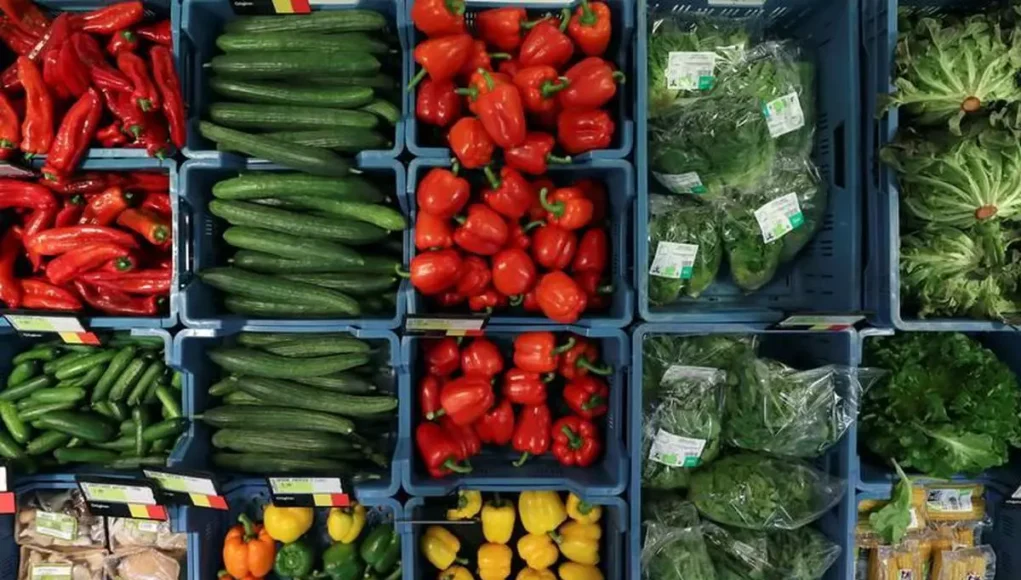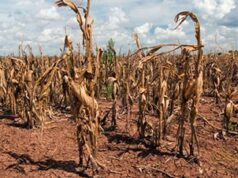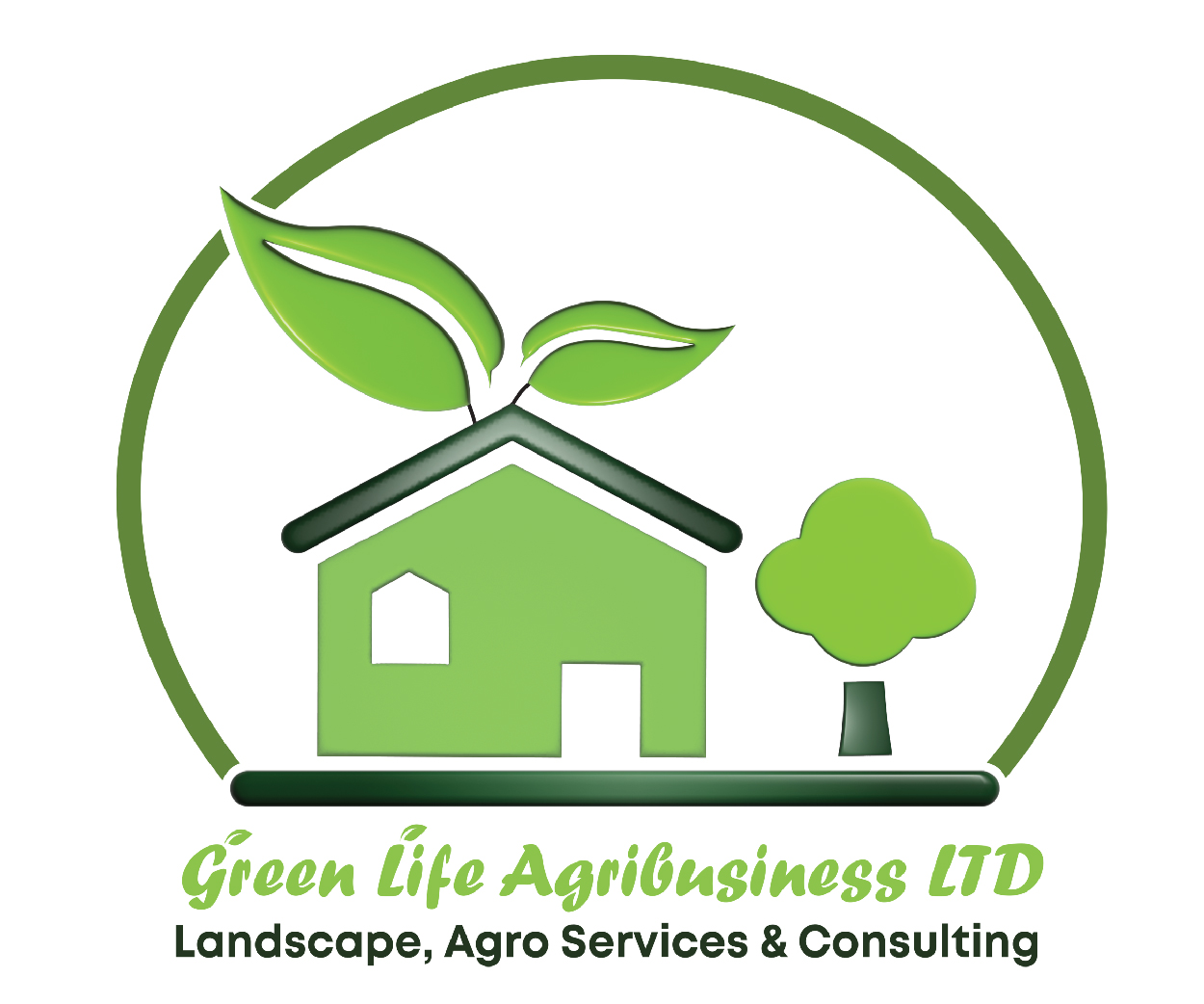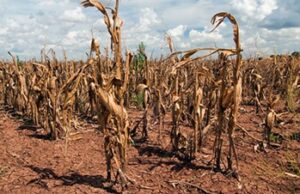Somalia’s agricultural sector has faced significant challenges in recent years due to the increasing reliance on imported vegetables and fruits from neighboring countries such as Kenya and Ethiopia. This growing trend has put local farmers under immense pressure, threatening the survival of domestic agricultural production. The availability of cheaper imported produce has made it difficult for local farmers to compete in major Somali markets, including Mogadishu, Hargeisa, and Kismayo.
During an investigative report conducted by VOA Somali’s Jacfar Kuukaay, it became evident that several factors have contributed to the dominance of imported vegetables in Somalia. One key reason is the low level of domestic agricultural production, which has been hampered by limited rainfall, outdated farming methods, and a lack of government support and investment. Many Somali farmers continue to rely on traditional farming techniques that result in low productivity and limited harvests.

In an interview, Mr. Mohamed Hassan Abdi, a senior advisor at the Somali Ministry of Agriculture, emphasized the need for modern agricultural equipment, subsidies, and continuous training programs to boost the productivity of local farmers. He stressed that investment in essential infrastructure, including roads and irrigation systems, is crucial for enabling farmers to transport their products to local markets efficiently.
Another critical issue highlighted in the report is the significantly lower prices of imported vegetables. Countries like Kenya and Ethiopia have well-established agricultural systems supported by government subsidies and access to modern farming technology. As a result, their products are cheaper and more competitive in the Somali market, making it difficult for local farmers to match these prices.
Poor infrastructure and limited market access further aggravate the situation. Farmers often face difficulties transporting their crops due to the poor condition of roads and a lack of organized supply chains. This logistical challenge restricts their ability to sell produce at competitive prices and discourages continued farming efforts.
The heavy reliance on imported vegetables also raises concerns about Somalia’s food security. Dependence on foreign produce makes the country vulnerable to potential trade disruptions or export bans imposed by supplier countries. This poses a significant risk, particularly during periods of regional instability or global supply chain disruptions
To address these challenges, the Somali government must adopt policies that prioritize local agricultural development. Providing modern farming tools, financial aid, and agricultural training could improve productivity and reduce reliance on foreign imports. Introducing import tariffs on foreign produce could also create a more level playing field for local farmers, allowing them to compete more effectively in the domestic market.
In conclusion, the increasing importation of vegetables poses a significant challenge to Somalia’s agricultural sector. Without urgent government intervention and international support, local farmers may continue to face difficulties that threaten their livelihoods and the country’s overall food security. Strengthening domestic agriculture through comprehensive policy reforms, investment in infrastructure, and farmer support programs is essential for sustainable agricultural growth in Somalia.
Prepared by: Jacfar Kuukaay (VOA Somali)
Interviewee: Mr. Mohamed Hassan Abdi – Senior Advisor, Somali Ministry of Agriculture
Source: VOA Somali – Galka Baarista: Somalia and the Challenge of Imported Vegetables














